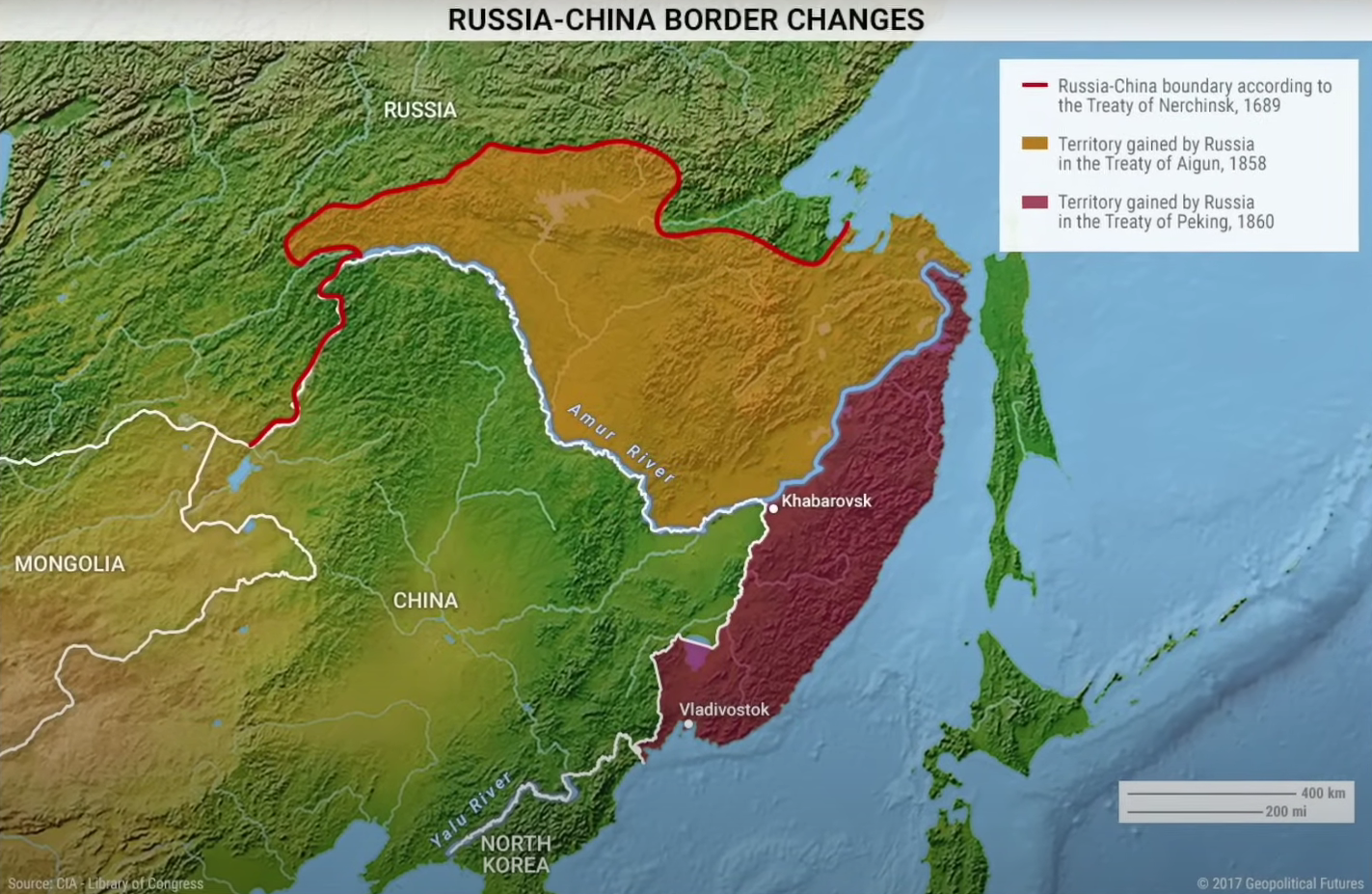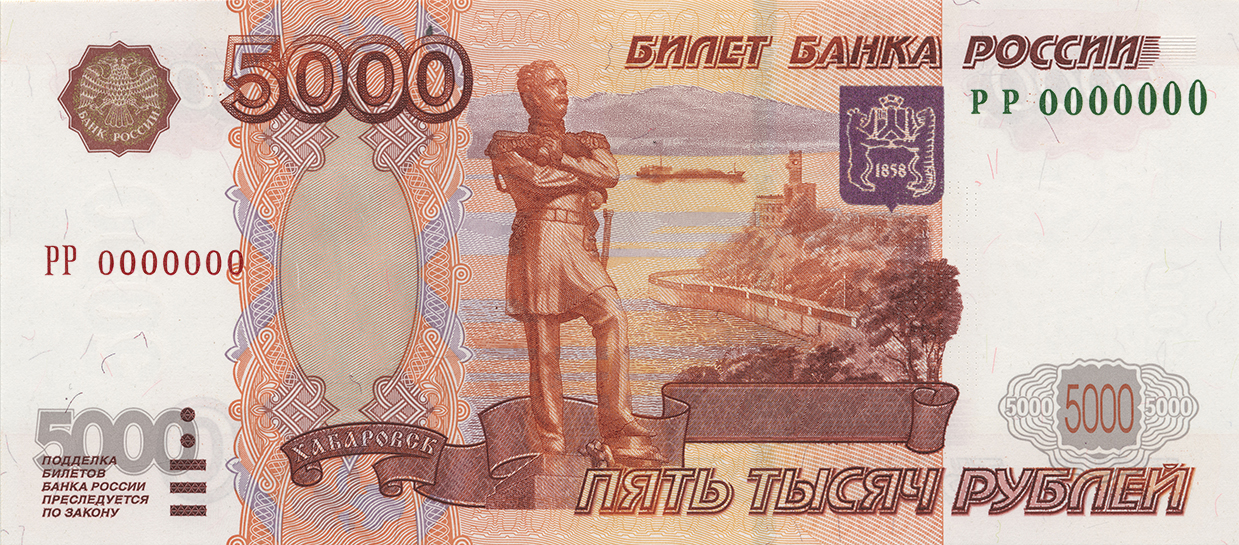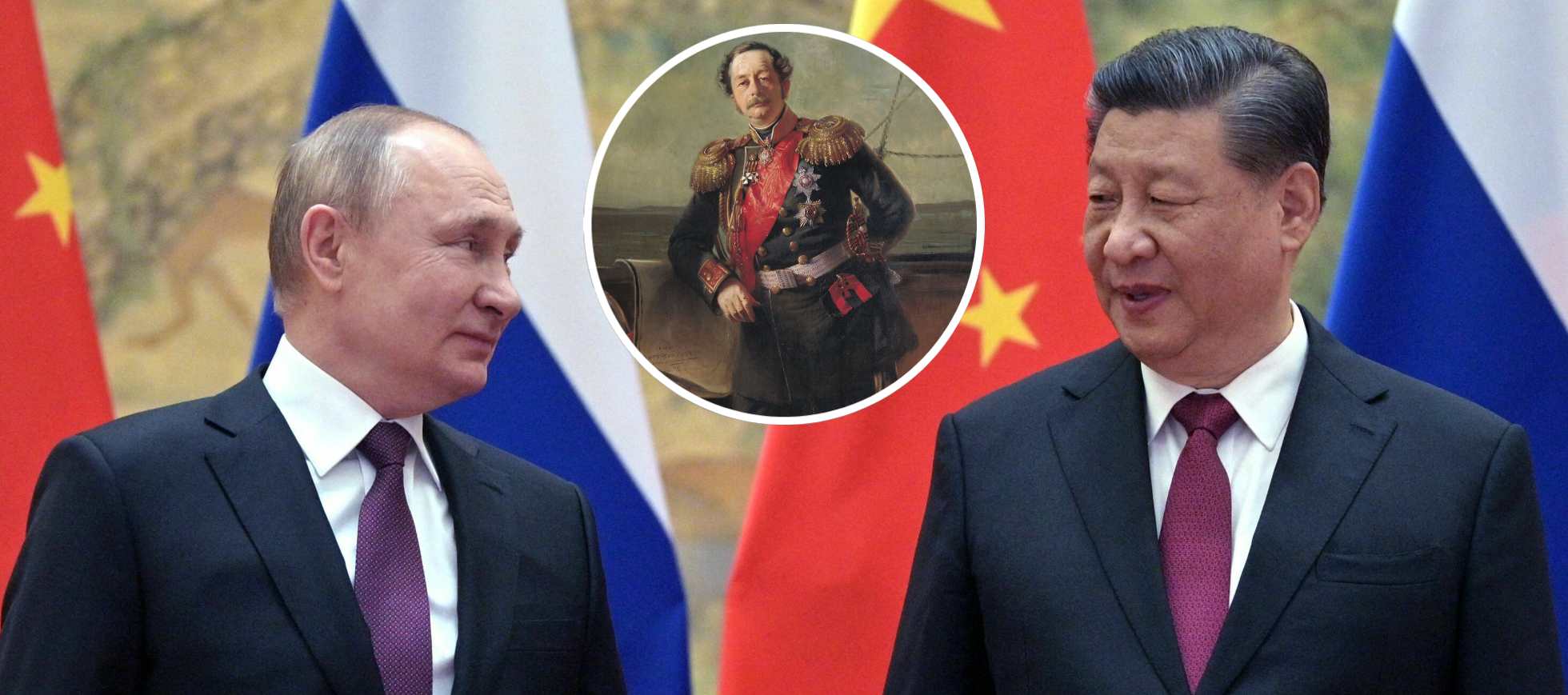Among the pantheon of Russian heroes, one face peers eastward from the 5,000 ruble note—Nikolai Muravyov-Amursky. He is the man who delivered Russia its greatest Asian conquest without firing a shot. While Russians celebrate him as a diplomatic mastermind, his legacy represents one of history’s most calculated betrayals, one that continues to shadow China-Russia relations today.
The story begins with Russia’s humiliation in the Crimean War of 1856. Defeated by Britain and France, Russia found itself expelled from the European order. True to its dual nature, Russia pivoted eastward, seeking redemption in the territories of a weakening Qing Dynasty.
Muravyov, then governor of Siberia, saw an opportunity in China’s vulnerability. Unlike his predecessors who had been soundly defeated by Emperor Kangxi two centuries earlier, Muravyov employed cunning over force.
He observed that the Qing had left their northeastern borderlands sparsely defended. General Yishan commanded only a few thousand troops with outdated weapons while China battled the Taiping Rebellion and Second Opium War.
The masterstroke came in 1858. Posing as a peace broker offering to help China resist the British, Muravyov secretly moved Russian troops along the Amur River. When he sailed to Aigun with cannons and treaty in hand, he presented General Yishan with an ultimatum: sign the treaty or face a Russian-British alliance. With his forces reassigned to suppress rebellions in the south, Yishan capitulated.

The Treaty of Aigun handed Russia over one million square kilometers of Chinese territory—an area the size of three Germanys—including everything north of the Amur River and east of the Ussuri River. Two years later, the Treaty of Beijing formalized Russia’s “temporary occupation” into permanent annexation. Vladivostok, once the Chinese village of Haishenwai, became Russia’s “Lord of the East.”
But treaties were just paper. The real horror began with ethnic cleansing. Cossack regiments swept through Chinese villages with orders to “cleanse the land of non-Russian settlements.” In 1860, a Chinese village of 200 near Vladivostok was burned to the ground—men shot, women r*ped, children forced into deadly winter marches. The Blagoveshchensk massacre of 1900 saw over 7,000 Chinese civilians driven into the Amur River at gunpoint, their bodies floating downstream for days.
Today, as Putin’s Russia faces isolation over Ukraine, history eerily repeats itself. Once again wounded in Europe, Russia turns eastward. Putin has elevated Vladivostok to a “Russia-China border economic community” while simultaneously building new radar stations aimed at northeastern China. The pattern remains unchanged: when Europe closes its doors, Russia knocks on Asia’s window.

Yet while Russians remember every conquest—Muravyov’s statue overlooks Vladivostok, his face graces their highest denomination currency—China has chosen amnesia. Xi Jinping‘s “limitless friendship” with Putin mirrors the naivety of Qing officials who once trusted Russian promises.
Chinese social media posts mentioning Haishenwai are deleted, netizens discussing the historical loss are silenced, and even Chinese state media now uses the Russian name “Vladivostok” without reference to its Chinese past.
This deliberate forgetting represents Muravyov’s ultimate victory. As Putin once reportedly told Xi, “We Russians remember every victory and every humiliation… we never hide what we took and we never think it was wrong.” Meanwhile, Chinese foreign ministry statements vaguely claim the two sides have “properly handled historical issues.”
The ghost of Vladivostok still haunts every China-Russia summit, every joint military exercise, and every proclamation of eternal friendship.


